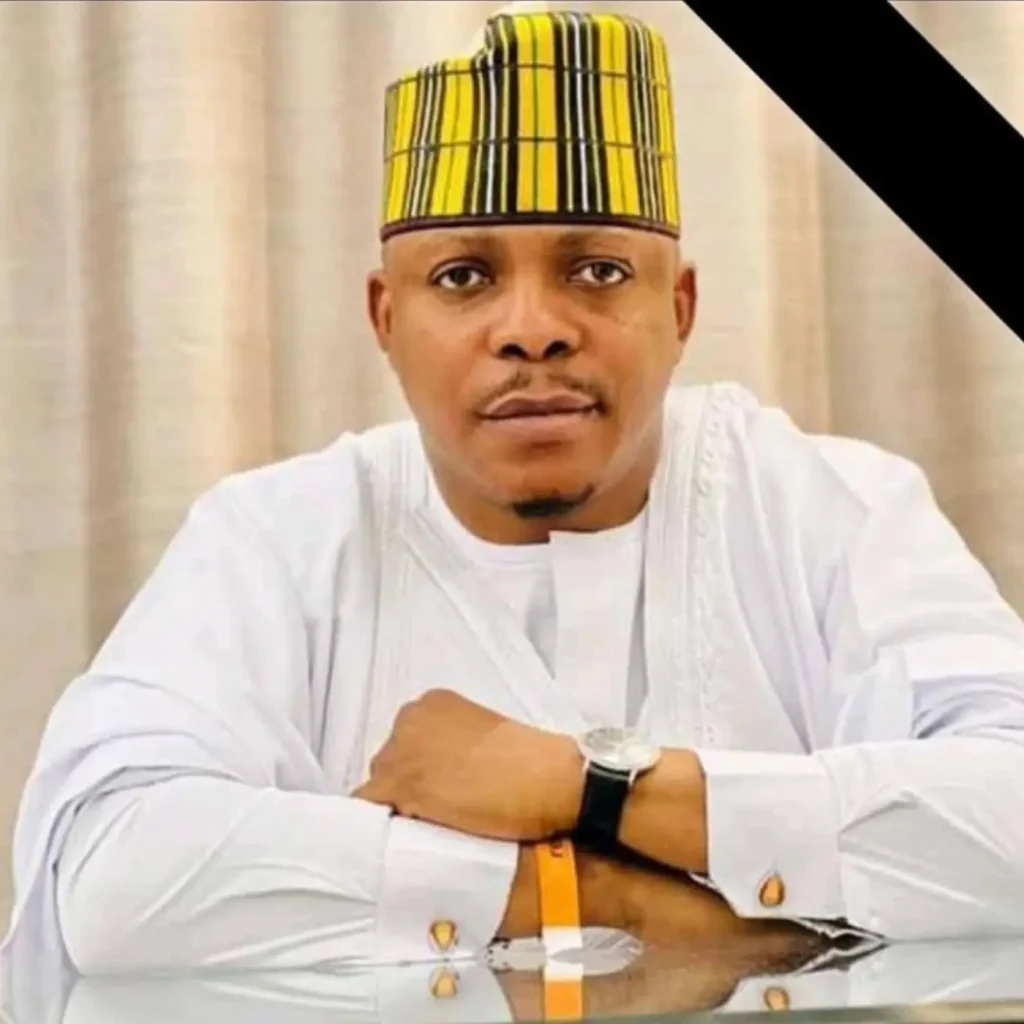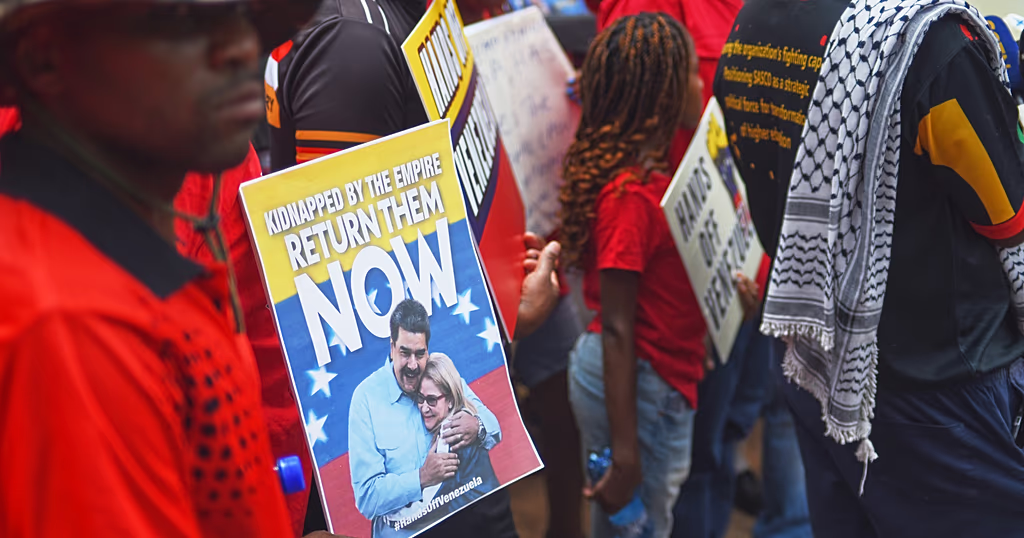ECOWAS Must Rethink Approach to Managing Coups Ahead of 2025 Summit
As the Economic Community of West African States (ECOWAS) prepares to hold a special summit on regional integration in 2025, the organisation is faced with a critical opportunity to rethink its approach to managing coups. The recent wave of military takeovers in West Africa, coupled with the withdrawal of Mali, Burkina Faso, and Niger from ECOWAS, has exposed the region’s deep governance and democracy challenges.
ECOWAS’ struggle to address these crises, combined with perceptions of double standards in its handling of military coups versus "constitutional" coups perpetrated by elected governments, has damaged the organisation’s image in West Africa. The decision by ECOWAS heads of state to hold a special summit presents an opportunity to resolve these issues and strengthen the organisation.
The summit should specifically focus on how to better respond to coups, manage military transitions, and strengthen democratic governance. This includes the recurrence of coups in Mali, Guinea, Burkina Faso, and Niger, as well as the prolonged nature of their transitions back to civilian rule. The ability of military leaders to resist pressure from ECOWAS, the African Union (AU), United Nations, and bilateral actors should also be on the agenda.
New research from the Institute for Security Studies highlights the need for pragmatism to stabilise affected countries. This includes improving specific ECOWAS regulations and institutional practices. ECOWAS will need to refine its tools and procedures when dealing with coups, based on its experiences in Mali, Burkina Faso, Guinea, and Niger.
The creation of the Alliance of Sahel States and the announcement of Burkina Faso, Mali, and Niger’s withdrawal has fragmented ECOWAS and severely limited its deterrent capability. To build support, it is crucial for ECOWAS to make its Supplementary Act on sanctions clearer and more predictable. Well-defined procedures on the use of force are also needed, along with strategies for carrying out military action while maintaining its strategic and financial autonomy.
The timing of ECOWAS’ proposals to revise the Supplementary Protocol on Democracy and Good Governance indicates the organisation’s tendency to react rather than prevent crises. The lack of progress suggests that heads of state are more concerned with protecting their power than meeting popular demands for better governance oversight. This largely explains West Africans’ disillusionment with ECOWAS, which is widely perceived as a "union of heads of state" more concerned with the interests of leaders than the region’s people.
Ahead of its 50th anniversary in 2025, ECOWAS remains a key player in regional integration and security cooperation. Becoming more efficient and reforming its ability to manage coups will improve the organisation’s image in the eyes of West African citizens. Above all, it will help to stabilise a region facing major political and security problems.
Read the full ISS report, "Rethinking responses to unconstitutional changes of government in West Africa," here.
By Aïssatou Kanté, Researcher, Littoral West African States, ISS Regional office for West Africa and the Sahel.



